In today’s digital world, protecting our personal identity online is more important than ever. Every day, millions of people share sensitive information — like names, addresses, and financial details — across websites and apps. Unfortunately, traditional identity management systems often fall short, leaving personal data vulnerable to hacking, theft, and misuse.
Blockchain technology becomes a revolutionary solution here. Known mainly for powering cryptocurrencies like Bitcoin, blockchain offers a powerful, secure, and transparent way to protect digital identities. But what exactly makes blockchain ideal for identity security? Let’s explore this in simple terms.
Understanding Digital Identity and Its Challenges
Your digital identity consists of data that defines you on the internet. It includes your login credentials, social media profiles, banking details, and more. Usually, organizations keep this information in central databases. While this setup is convenient, it has several weaknesses:
- Single Point of Failure: If a central database is hacked, all stored identities can be compromised.
- Data Tampering Risks: Unauthorized changes or theft of identity data can occur.
- Lack of User Control: Users often cannot control who accesses their data or how it’s used.
Because of these issues, identity fraud and data breaches are frequent news headlines. There is a growing need for a system that offers stronger security, better privacy, and more control for users.
How Blockchain Technology Secures Digital Identities
Transactions are recorded on blockchain, a ledger spread over computers all around the world. Decentralization is what makes blockchain strong for protecting digital identities. Here’s why blockchain fits the bill perfectly:

1. Decentralization Removes Single Points of Failure
Unlike traditional systems that store identity data in one place, blockchain distributes this information across a network of nodes (computers). Since there is no central storage, hackers cannot attack one database to steal millions of identities. They would need to breach over half the network simultaneously, which is practically impossible.
2. Immutable Records Prevent Data Tampering
Blockchain ensures that once data is added, it remains intact forever. This immutability means identity records are permanent and tamper-proof. Any attempt to alter identity information is immediately visible to all network participants, preventing fraud.
3. Enhanced Privacy with User Control
Blockchain empowers individuals to manage their digital identities using cryptographic keys. Users decide what information to share and with whom, giving them full control over their personal data. This model is called “self-sovereign identity,” and it eliminates reliance on third parties.
4. Transparent Yet Secure Verification
Blockchain enables secure identity verification without exposing sensitive data. For example, it can prove you are over 18 without revealing your exact birth date. This selective disclosure improves privacy while maintaining trust.
5. Faster and More Reliable Authentication
Using blockchain, authentication processes become faster and more reliable. Since the system verifies identities directly on the ledger, there’s no need to contact multiple databases or intermediaries. This speed benefits industries like banking, healthcare, and government services.
Real-Life Examples of Blockchain Improving Identity Security
Several companies and governments worldwide are already using blockchain to enhance identity security. Here are two easy-to-understand examples:
Estonia’s Digital Identity Program
Estonia, a pioneer in e-governance, uses blockchain technology to secure the digital identities of its citizens. The country’s e-Residency program provides residents with a blockchain-based digital ID that allows secure access to government services, banking, and voting.

By storing identity data on a blockchain, Estonia ensures that personal information is protected from tampering and unauthorized access. Citizens have full control over their data, and the system’s transparency helps prevent fraud. This model has gained global attention as one of the most successful blockchain identity solutions. (Read here)
IBM Verify Credentials for Educational Certificates
IBM has developed a blockchain-based platform called Verify Credentials to combat fraudulent diplomas and certificates. Educational institutions issue certificates on a blockchain, allowing employers and other organizations to instantly verify their authenticity.

This blockchain solution reduces identity fraud in hiring processes and helps individuals prove their qualifications securely. It reduces the time and expenses involved in manual checks. (See more)
Why Choose a Blockchain Development Company in Ahmedabad?
If your business or organization wants to adopt blockchain for identity security, working with an expert blockchain development company is essential. Skilled blockchain developers have made Ahmedabad a rising tech hub.
A blockchain development company in Ahmedabad can design customized identity security systems tailored to your needs. They combine blockchain with other technologies to build secure, user-friendly platforms that protect your customers’ identities effectively.
Whether you need identity verification tools, secure login systems, or compliance solutions, partnering with a local expert ensures faster delivery, lower costs, and better ongoing support.
The Role of a Custom Software Development Company in Ahmedabad
In addition to blockchain, many businesses require custom software solutions to manage identity security efficiently. A custom software development company in Ahmedabad can integrate blockchain with existing systems or create new applications focused on identity protection.
By combining blockchain technology with custom software, organizations can achieve seamless identity verification, fraud detection, and data privacy — all in one easy-to-use platform.
Custom software also allows businesses to adapt quickly to changing security regulations and evolving cyber threats, making it a smart investment for long-term identity management.
Conclusion: Blockchain Is the Future of Identity Security
A secure and innovative way to ensure identity protection comes through blockchain. Its decentralized, immutable, and transparent nature addresses the main problems of traditional identity management systems. Real-life cases like Estonia’s digital ID and IBM’s educational credential verification prove blockchain’s effectiveness in protecting identity data.
If you want to strengthen identity security for your business or community, now is the right time to explore blockchain solutions.
Ready to Secure Your Digital Identity?
Theta Technolabs is a trusted blockchain development company in Ahmedabad with proven expertise in building secure identity management systems. Beyond blockchain, we also provide web application development, mobile application development, and cloud consulting services tailored to your needs.
Contact Theta Technolabs today to discover how we can help safeguard your digital identities and take your business security to the next level.
Let's build secure solutions together—email sales@thetatechnolabs.com.



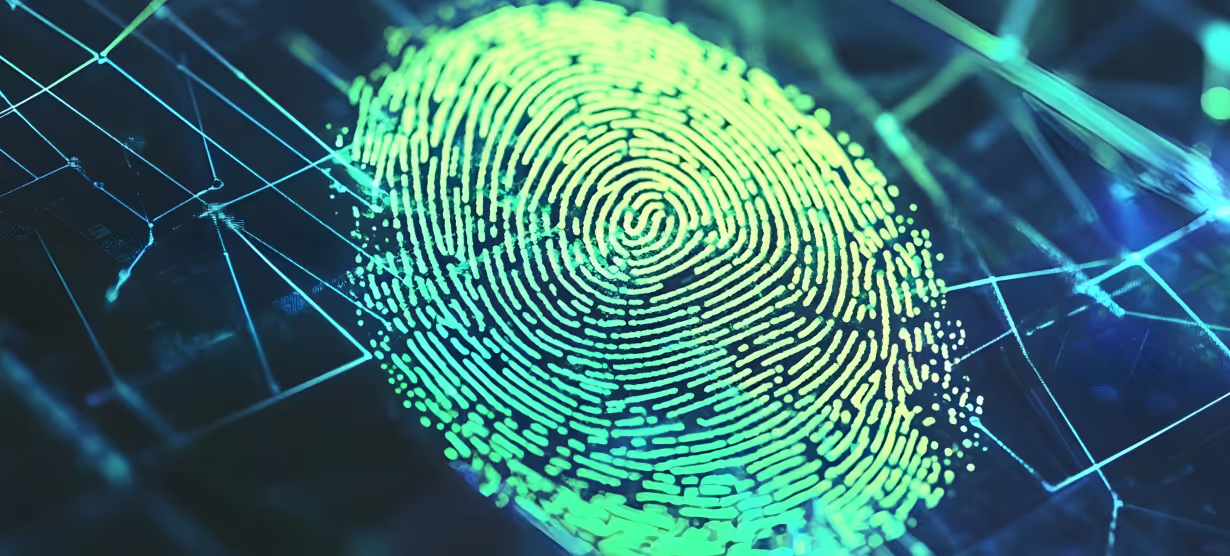














_Computer%20Vision-enabled%20Web%20and%20Mobile%20Interfaces%20for%20Mall%20Management%20in%20Dubai_Q1_In_24.avif)
_Smart%20Solutions%20for%20Healthcare_%20How%20IoT%20Development%20is%20Reshaping%20Dubai%20Hospitals_Q1_In_24.avif)
_Automated%20Checkout%20Systems.avif)
_Smart%20Manufacturing%20in%20Dubai_%20How%20AI%20is%20Driving%20Efficiency%20and%20Innovation_Q1_In_24.avif)

_Understanding%20the%20Impact%20of%20AI%20and%20Machine%20Learning%20on%20Fintech%20Web%20Apps%20in%20Dubai_Q2_24.avif)
_Explore%20the%20Best%20Cross-Platform%20App%20Development%20Frameworks%20of%202024_Q3_24.avif)


_Top%20Benefits%20of%20Cloud%20Computing%20for%20All%20Business%20Sectors_Q2_24.avif)
_Integrating%20IoT%20with%20Mobile%20Apps%20for%20Advanced%20Renewable%20Energy%20Solutions_Q2_24.avif)


_The%20Transformative%20Role%20of%20Open%20Banking%20APIs%20in%20Fintech%20for%202024_Q3_24.avif)
_Choosing%20the%20Right%20Computer%20Vision%20Development%20Partner%20in%20Ahmedabad%20for%20Construction_Q3_24.avif)
_Node.js%20and%20Blockchain_%20A%20Perfect%20Pair%20for%20Fintech%20Innovation%20in%20Dubai_Q3_24.avif)
_How%20AI%20Development%20Companies%20in%20Ahmedabad%20are%20Transforming%20the%20Shopping%20Experience_Q4_25.avif)
_How%20IoT%20Can%20Reduce%20Energy%20Costs%20in%20Smart%20Factories_Q4_25.avif)
















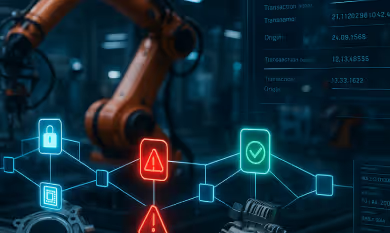

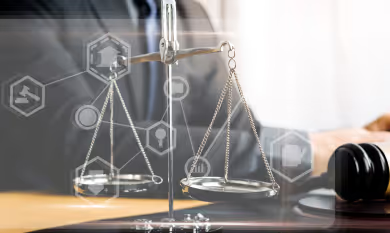



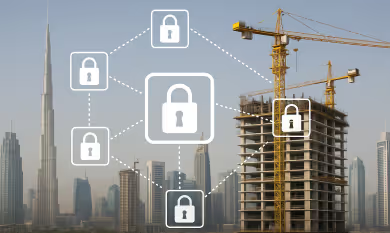
.avif)
.avif)
.avif)

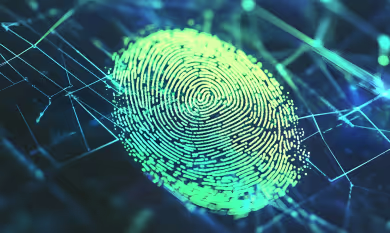







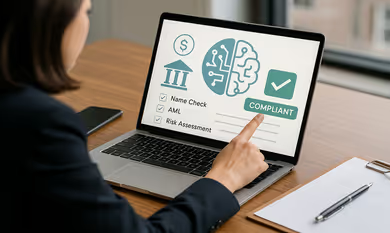








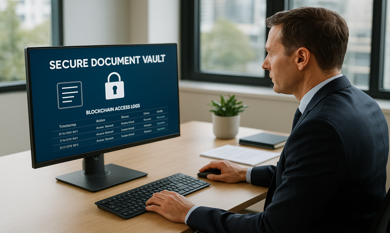








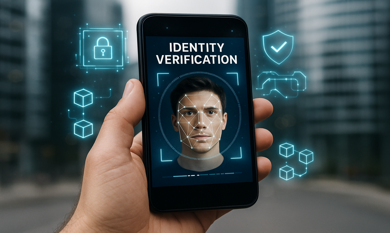









.png)


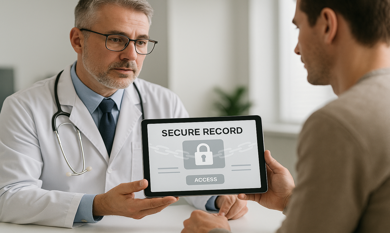


.png)

















